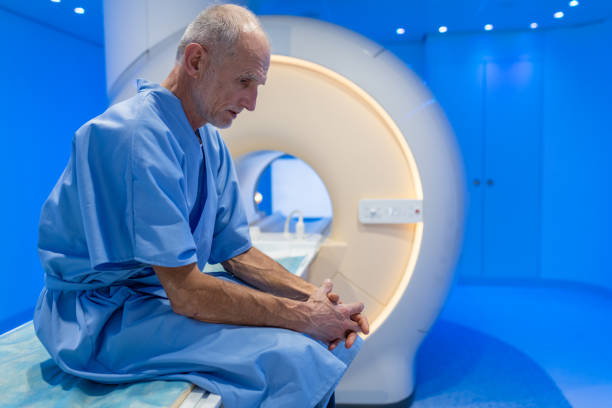The general guidelines recommend starting at age 55, you may need PSA screening between the ages of 40 and 54 if you:
- Have at least one first-degree relative (such as your father or brother) who has had prostate cancer.
- Have at least two extended family members who have had prostate cancer.
If you are 50 Years old and you are suffering from Prostate Enlargement problem you can go with medications, Must Buy ProstaStream.
How is the screening done?
- Here Are 2 Types Of Testing In Vogue –
- Prostate Specific Antigen Test – Blood Test
- Free PSA test (<25% free PSA shows higher risk of cancer)
- PSA velocity or rate of increase over time (rapid increase means higher risk)
- PSA density or volume of prostate volume on PSA (higher density means higher risk)
- PSA – based markers (e.g. prostate health index, 4K score)
- Digital Rectal Exam (DRE) by hand
If prostate cancer is suspected in any of the above tests, it is confirmed by
- Other markers, urinary PCA3 test
- MRI of the prostate
- Biopsy
Prostate Cancer Complications
Incontinence: Both prostate tumour and its treatment can cause urinary incontinence. Patients with urinary incontinence begin to lose control of the bladder and there may be leakage of urine during urination or no control during urination.
Erectile Dysfunction: The nerves responsible for erection are located close to the prostate gland. A tumour or treatment such as radiation or surgery can damage such weak nerves. Ultimately, it can ultimately lead to achieving or maintaining an erection.
Metastasis: This type of cancer spreads to almost all parts of the body and causes complications such as weakness in the legs and arms, compression of the spinal cord which eventually leads to urinary incontinence, muscle weakness, stiffness in the neck, thighs, and broken bones. Take away. And sharp pain in the spine.
You can Feel Prostate Cancer
Yes, there are different signals at each stage that a person can feel.
In the first stage of prostate cancer, there is no definite warning, at which one can feel the presence of a growing tumour. At this stage the patient does not experience any pain or discomfort.
In the second stage of prostate cancer, its symptoms begin to appear. Increased inflammation in the prostate gland can show some symptoms that can be seen without any medical diagnosis:
- Frequent And Uncontrolled Urination.
- Poor Streaming Of Urine.
- There Is No Control Over Urination, Especially When You Laugh Or Cough.
- Feeling of Burning and Pain during Ejaculation and Urination.
- Bleeding In Semen or Urine.
- Stiffness in the Thighs and Lower Abdomen.
The third stage of prostate cancer is the most serious condition in which swelling in your lower limbs can be easily felt. Symptoms of the second stage are exacerbated which can lead to further complications such as:
- Weight loss
- Paralysis in your lower limbs
- Intestinal problems like constipation
- Fatigue
- Vomiting
Your opinion most welcome; please comment in below comment box.
